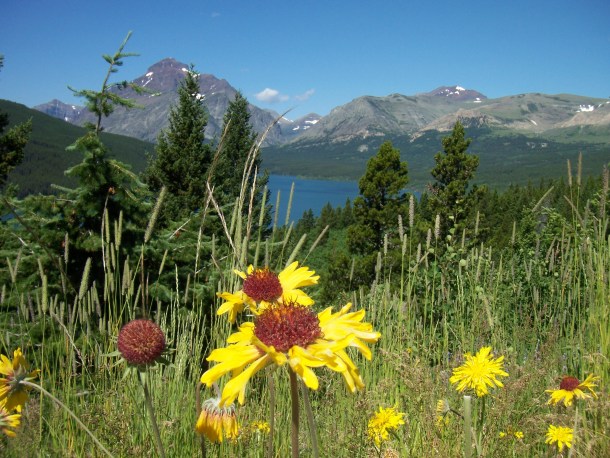This poem by Galway Kinnel reminds me everyone is blooming. There is something hidden inside of us we cannot fully know and understand. It is the inner voice that calls us to what we are fully human to do.
It is essential to be mindful and attentive to that voice and find moments of silence. Unlike the sow, humans are able to pause and reflect, pray and listen to the response. Having said this, it is not something that is intuitive and instinctual. It is something we have to remind our self of from time to time.
The bud
stands for all things,
even for those things that don’t flower,
for everything flowers, from within, of self-blessing;
though sometimes it is necessary
to reteach a thing its loveliness,
to put a hand on its brow
of the flower
and retell it in words and in touch
it is lovely
until it flowers again from within, of self-blessing;
as Saint Francis
put his hand on the creased forehead
of the sow, and told her in words and in touch
blessings of earth on the sow, and the sow
began remembering all down her thick length,
from the earthen snout all the way
through the fodder and slops to the spiritual curl of the tail,
from the hard spininess spiked out from the spine
down through the great broken heart
to the sheer blue milken dreaminess spurting and shuddering
from the fourteen teats into the fourteen mouths sucking and blowing beneath them:
the long, perfect loveliness of sow.








